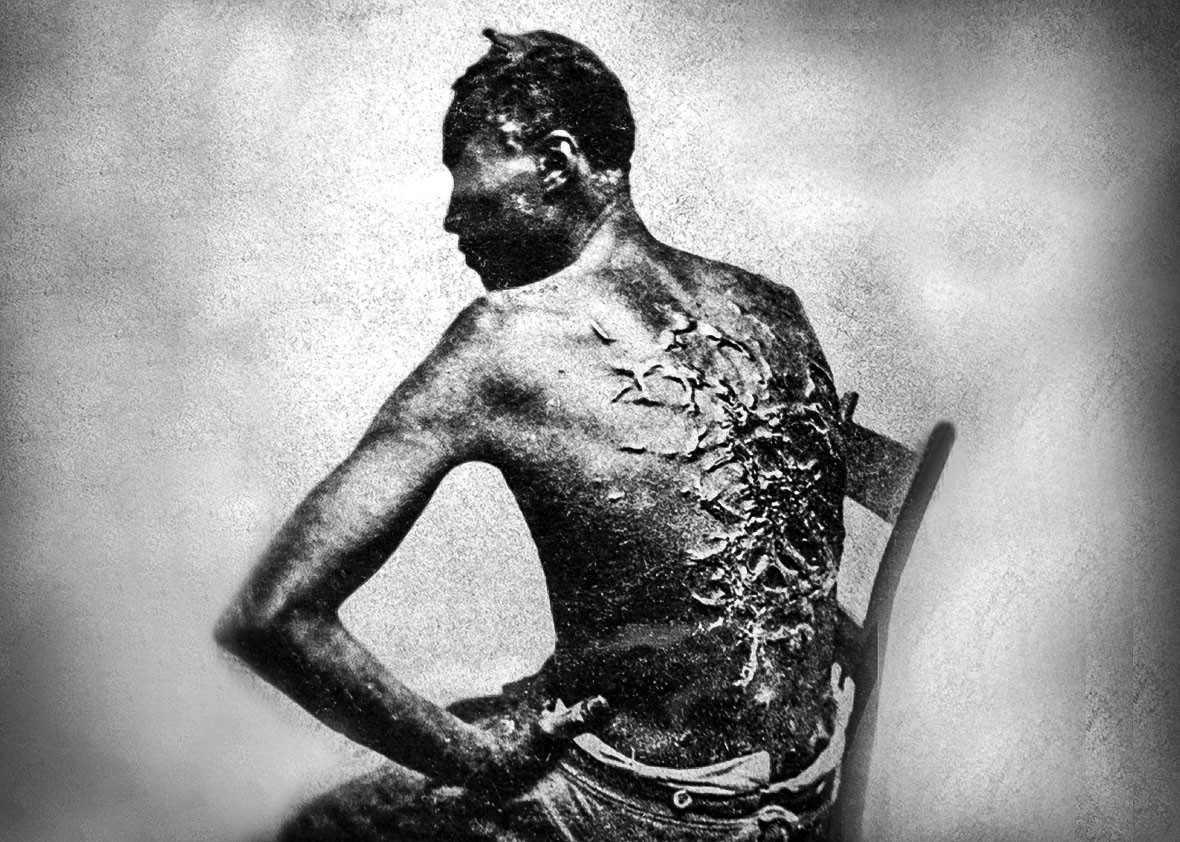Fear of Insurrection
From: Incident in the Life of a Slave Girl
Born a slave in 1813, Harriet A. Jacobs became a fugitive in the 1830s. In 1861 she published the account of her ordeal as a slave under the pseudonym Linda Brent. Lydia Maria Child, a well-known Abolitionist-feminist writer and friend, encouraged Ms. Jacobs to write and donated her services as editor. She had two children who were fathered by a slave master and future congressman who had promised to set both of the children free; he later reneged. For seven years she lived as a fugitive and spoke out for abolition; her brother who also escaped, followed suit. In 1957 she wrote to Amy Post:” I have…Striven faithfully to give a true and just account of my own life in Slavery…to come to you just as I am a poor Slave Mother-not to tell you what I have heard but what I have seen and what I have suffered.”
On August 21, 1831, in Southhampton County VA Nat Turner led the most famous slave revolution in American history. Sixty Whites and one-hundred Blacks died. He was captured on October 30th and executed Novemeber 11, 1831. His mother was a native African and his father unknown.
Not far from this time, Nat Turner’s insurrection broke out; and the news threw our town into great commotion. Strange that they should be alarmed, when their slaves were so ” contented and happy!” But so it was.
It was always the custom to have a muster every year. On that occasion every White man shouldered his musket. The citizens and the so-called country gentlemen wore military uniforms. The poor Whites took their places in the ranks in everyday dress, some without shoes, some without hats. This grand occasion had already passed; and when the slaves were told there was to be another muster, they were surprised and rejoiced. Poor creatures! They thought it was going to be a holiday. I was informed of the true state of affairs, and imparted it to the few I could trust. Most gladly would I have proclaimed it to every slave; but I dared not. All could not be relied on. Mighty is the power of the torturing lash.
By sunrise, people were pouring in from every quarter within twenty miles of the town. I knew the houses were to be searched; and I expected it would be done by country bullies and the poor Whites. I knew nothing annoyed them so much as to see colored people living in comfort and respectability; so I made arrangements for them with especial care. I arranged everything in my grandmother’s house as neatly as possible. I put white quilts on the beds, and decorated some of the rooms with flowers. When all was arranged, I sat down at the window to watch. Far as my eye could reach, it rested on a motley crowd of soldiers. Drums and fifes were discoursing martial music. The men were divided into companies of sixteen, each headed by a captain. Orders were given, and the wild scouts rushed in every direction, wherever a colored face was to be found.
It was a grand opportunity for the low Whites, who had no Negroes of their own to scourge. They exulted in such a chance to exercise a little brief authority, and show their subserviency to the slaveholders; not reflecting that the power which trampled on the colored people also kept themselves in poverty, ignorance, and moral degradation.
Those who never witnessed such scenes can hardly believe what I know was inflicted at this time on innocent men, women, and children, against whom there was not the slightest ground for suspicion. Colored people and slaves who lived in remote parts of the town suffered in an especial manner. In some cases the searchers scattered powder and shot among their clothes, and then sent other parties to find them, and bring them forward as proof that they were plotting insurrection. Every where men, women, and children were whipped till the blood stood in puddles at their feet. Some received five hundred lashes; others were tied hands and feet, and tortured with a bucking paddle, which blisters the skin terribly.
The dwellings of the colored people, unless they happened to be protected by some influential White person, who was nigh at hand, were robbed of clothing and everything else the marauders thought worth carrying away. All day long these unfeeling wretches went round, like a troop of demons, terrifying and tormenting the helpless. At night, they formed themselves into patrol bands, and went wherever they chose among the colored people, acting out their brutal will.
Many women hid themselves in woods and swamps, to be out of their way. If any of the husbands or fathers told of these outrages, they were tied up to the public whipping post, and cruelly scourged for telling lies at the gate. The captain turned back, and pronounced a malediction on the house. He said it ought to be burned to the ground, and each of the inmates received thirty-nine lashes. We came out of this affair very fortunately; not losing any thing except some wearing apparel.
Towards evening the turbulence increased. The soldiers, stimulated by drink, committed still greater cruelties. Shrieks and shouts continually rent the air. Not daring to go to the door, I peeped under the window curtain. I saw a mob dragging along a number of colored people, each White man, with his musket upraised, threatening instant death if they did not stop their shrieks. Among the prisoners was a respectable old colored minister. They had found a few parcels of shot in his house, which his wife had for years used to balance her scales. For this they were going to shoot him on Court House Green. What a spectacle was that for a civilized country! A rabble, staggering under intoxication, assuming to be the administrators of justice!
The better class of the community exerted their influence to save the innocent, persecuted people; and in several instances they succeeded, by keeping them shut up in jail till the excitement abated. At last the White citizens found that their own property was not safe from the lawless rabble they had summoned to protect them. They rallied the drunken swarm, drove them back into the country, and set a guard over the town.
The next day, the town patrols were commissioned to search colored people that lived out of the city; and the most shocking outrages were committed with perfect impunity. Every day for a fortnight, if I looked out, I saw horsemen with some poor panting Negro tied to their saddles, and compelled by the lash to keep up with their speed, till they arrived at the jail yard. Those who had been whipped too unmercifully to walk were washed with brine, tossed into a cart, and carried to jail. One Black man, who had not fortitude to endure scourging, promised to get information about the conspiracy. But it turned out that he knew nothing at all. He had not even heard the name of Nat Turner. The poor fellow had, however, made up a story, which augmented his own sufferings and those of the colored people.
The day patrol continued for some week, and at sundown a night guard was substituted. Nothing at all was proved against the colored people, bond or free. The wrath of the slaveholders was somewhat appeased by the capture of Nat Turner. The imprisoned were released. The slaves were sent to their masters, and the free were permitted to return to their ravaged homes. Visiting was strictly forbidden on the plantations. The slaves begged the privilege of again meeting at their little church in the woods, with their burying ground around it. It was built by the colored people, and they had no higher happiness than to meet there and sing hymns together, and pour out their hearts in spontaneous prayer. Their request was denied, and the church was demolished. They were permitted to attend the White churches a certain portion of the galleries being appropriated to their use. There, when every body else had partaken of the communion, and the benediction had been pronounced, the minister said, “Come down, now, my colored friends.” They obeyed the summons, and partook of the bread and wine, in commemoration of the meek and lowly Jesus, who said, “God is your Father, and all ye are brethren. After the alarm caused by Nat Turner’s insurrection had subsided, the slaveholders came to the conclusion that it would be well to give the slaves enough of religious instruction to keep them from murdering their masters. The Episcopal clergyman offered to hold a separate service on Sundays for their benefit. His colored members were very few…

